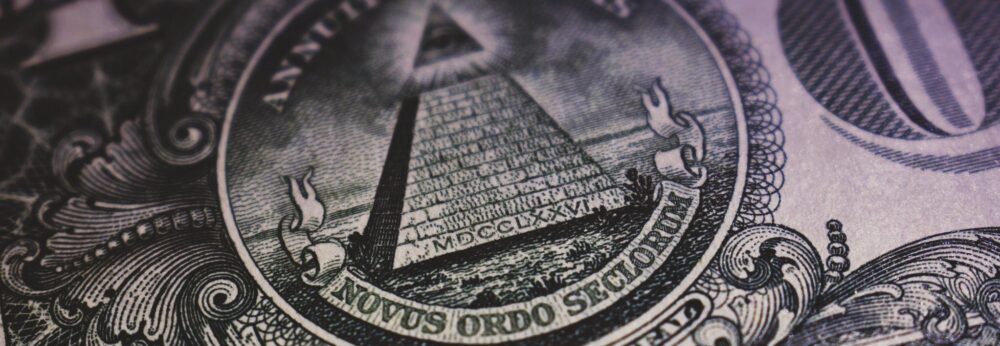Civil resistance has been one means by which many Maldivians have waged a struggle to establish and defend basic political, civic, and human rights. In 2008 a mass movement culminating in free and fair elections successfully ended the authoritarian presidency of Maumoon Abdul Gayoom, who prior to his ouster had stayed in office for 30 years, long enough to become South Asia’s longest standing dictator. But this new period of democratic leadership was short-lived. In 2012 democratically elected president Mohamed Nasheed, was ousted in a coup so swift and bloodless that the international community could scarcely figure out what happened much less develop an appropriate response. Following the coup, lingering old regime influence over the nation’s judiciary allowed the dregs of the dictatorship to ‘legally’ affirm the transfer of power, and later to ensure that its presidential candidate, the former dictator’s younger brother Abdulla Yameen Gayoom, achieved victory in an irregular sequence of balloting that took place in November of last year.
The old/new regime’s raison d’être has been to ensure that a generous share of the hundreds of millions of dollars generated annually through tourism revenues are diverted to the pockets of the elite. This was almost surely the driving force behind the putsch against Nasheed in 2012, and is likely behind several new disturbing developments that have occurred since the second coming of the Gayoom group. To apply those resources to the needs of the people is the chief rallying cry of democratic forces, which continue to adhere to nonviolent action to challenge the stunting of justice and promote a more transparent government.
https://www.opendemocracy.net/en/civilresistance/democratic-decline-in-maldives-will-world-wake-up/
